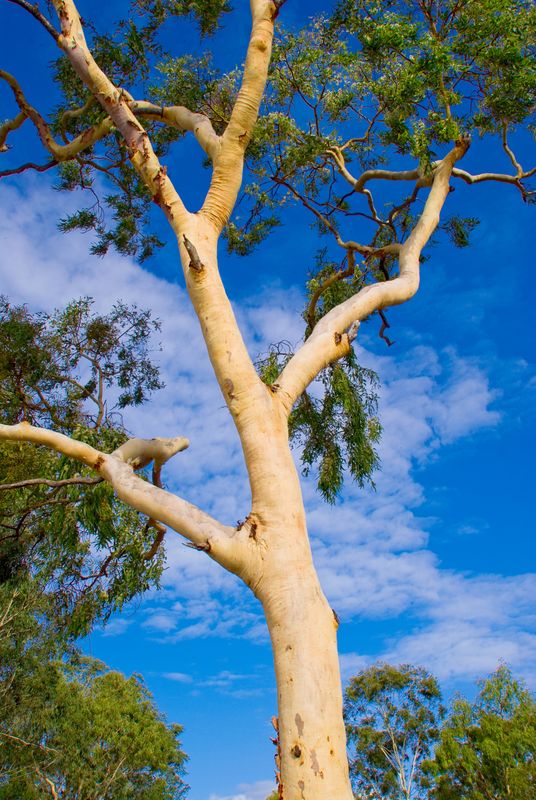It is rare for a school student in Australia not to experience at least one school camp during their school years. Traditionally we think of Australian school camps as spending time in the bush in a tent or a hut. However the school camp has evolved and covers an array of experiences including learning how to navigate through the city (a truly urban camp) to spending time at the national capital. Indeed the latter is a rite of passage for students finishing primary school. What we sometimes call camps are really trips.
Whatever the type of camp, we expect it to benefit the students in some way. It may be learning about Australian history and the government (as with the school camp or trip to Canberra) but the tradional school camp is designed to challenge students and offer them experiences which they could not have at school. The test to which the children are put, must be safe, suitable for their age and facilitate self-development. The challenge for camp organisers is to provide worthwhile experiences for a broad range of abilities.
Camping offers some students simple experiences which they have not had… pitching a tent, cooking over an open fire and sleeping in a sleeping bag. And then learning how to cook on an open fire brings a new dimension to the experience. Of course if it rains heavily they will have an experience which they can tell their grandchildren about. It is easy to swap the camping experience for the luxury of huts (often with ensuites), but it is not the same – children deserve at least a couple of real camps (in tents) during their school years.
What becomes important is the level of support given to students, especially those less able or more fearful. Good camp leaders will know how to support, encourage and provide assistance to less able students so that they also feel a sense of achievement and pride in overcoming obstacles. Some students will shiver in fear at the thought of doing a high ropes course or abseiling. The question is how do the camp leaders support these students to at achieve what they would not have, had they not been on the school camp.
Group activities are useful experiences when they teach children how to succeed through cooperation. If the group is set a task which relies on each member needing to contribute for the task to succeed then everyone is valued and appreciated. It interesting to see how students who would otherwise have little to do with each, bond and support one another when they rely on each other to achieve a common goal.
A School Camp should push students out of their comfort zone without putting them in danger. Once again this goes back to the experience of the organisers and their skill in dealing with children. There is nothing like the satisfaction of seeing a student strive to do what they have never done before and succeed. It builds confidence and self-esteem, and is rewarding for all those who have participated.
The cost of school camps can be daunting to some families, but from time to time there are opportunities which involve no expense. One such opportunity is The Impact Project, sponsored and organised by the Summit Adventure Camp in Gippsland. During the 2016 July and September School holidays they are offering 500 fully sponsored places for 14 to 17 year olds in a 4 day camp. The camp combines personal development and will combine personal development & leadership workshops with high impact outdoor activities. The students will meet others from around the country. If you are interested in nominating a student, contact The Summit for more information.


